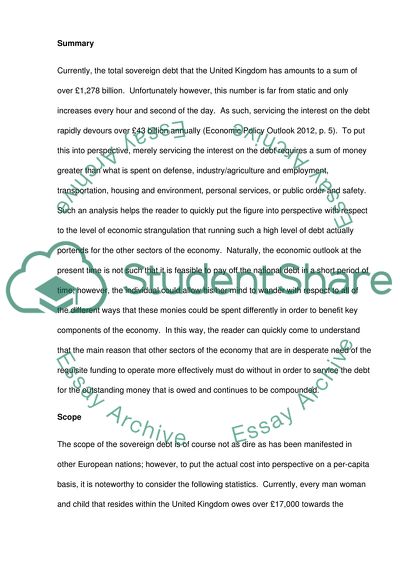Cite this document
(The United Kingdoms Sovereign Debt Crisis Case Study, n.d.)
The United Kingdoms Sovereign Debt Crisis Case Study. https://studentshare.org/finance-accounting/1787661-current-national-issue
The United Kingdoms Sovereign Debt Crisis Case Study. https://studentshare.org/finance-accounting/1787661-current-national-issue
(The United Kingdoms Sovereign Debt Crisis Case Study)
The United Kingdoms Sovereign Debt Crisis Case Study. https://studentshare.org/finance-accounting/1787661-current-national-issue.
The United Kingdoms Sovereign Debt Crisis Case Study. https://studentshare.org/finance-accounting/1787661-current-national-issue.
“The United Kingdoms Sovereign Debt Crisis Case Study”. https://studentshare.org/finance-accounting/1787661-current-national-issue.


